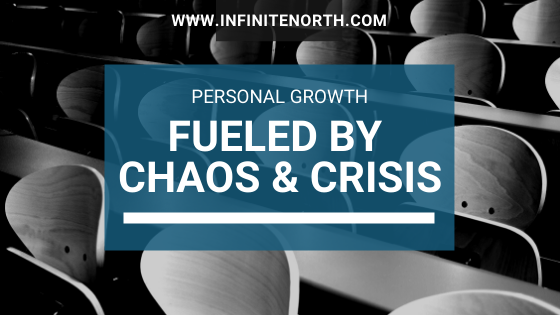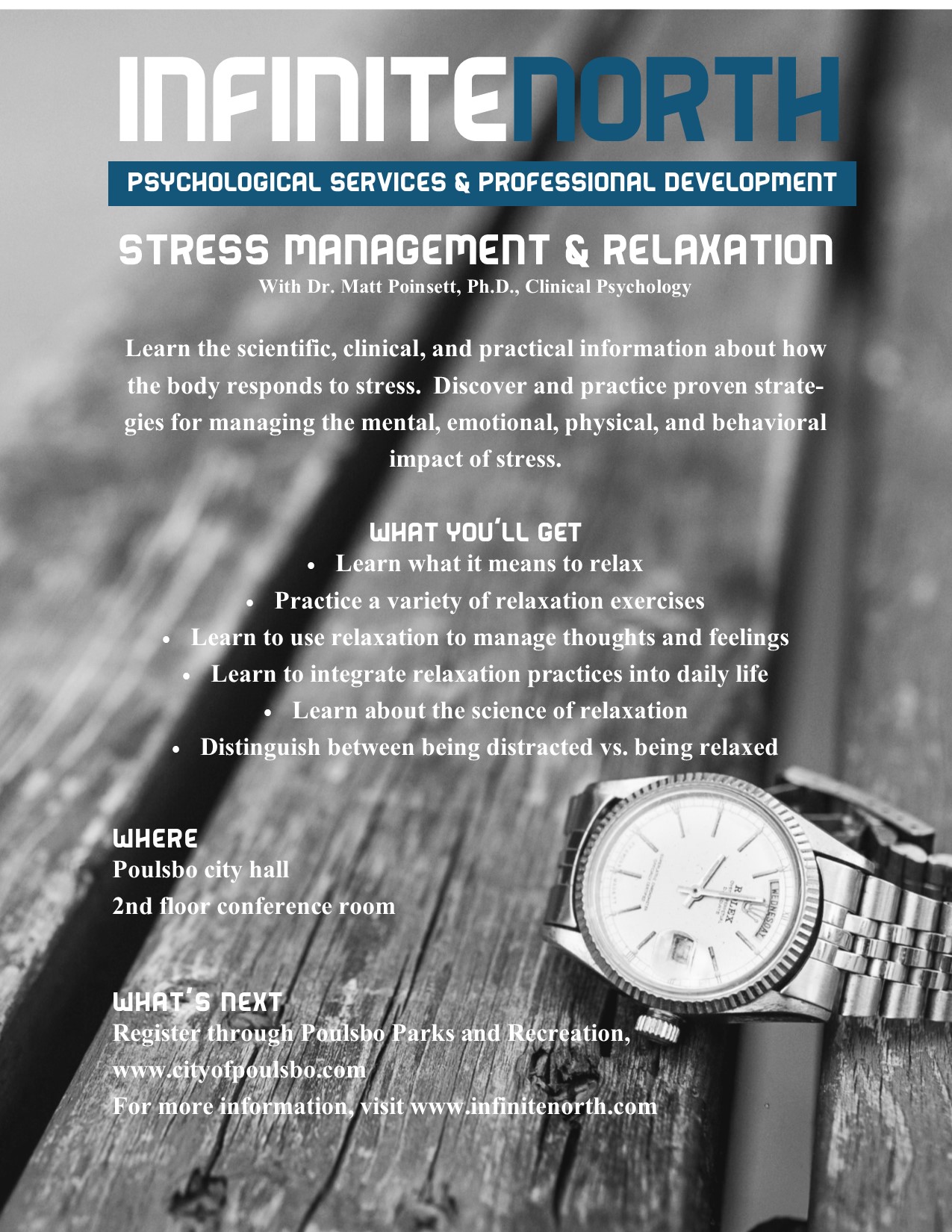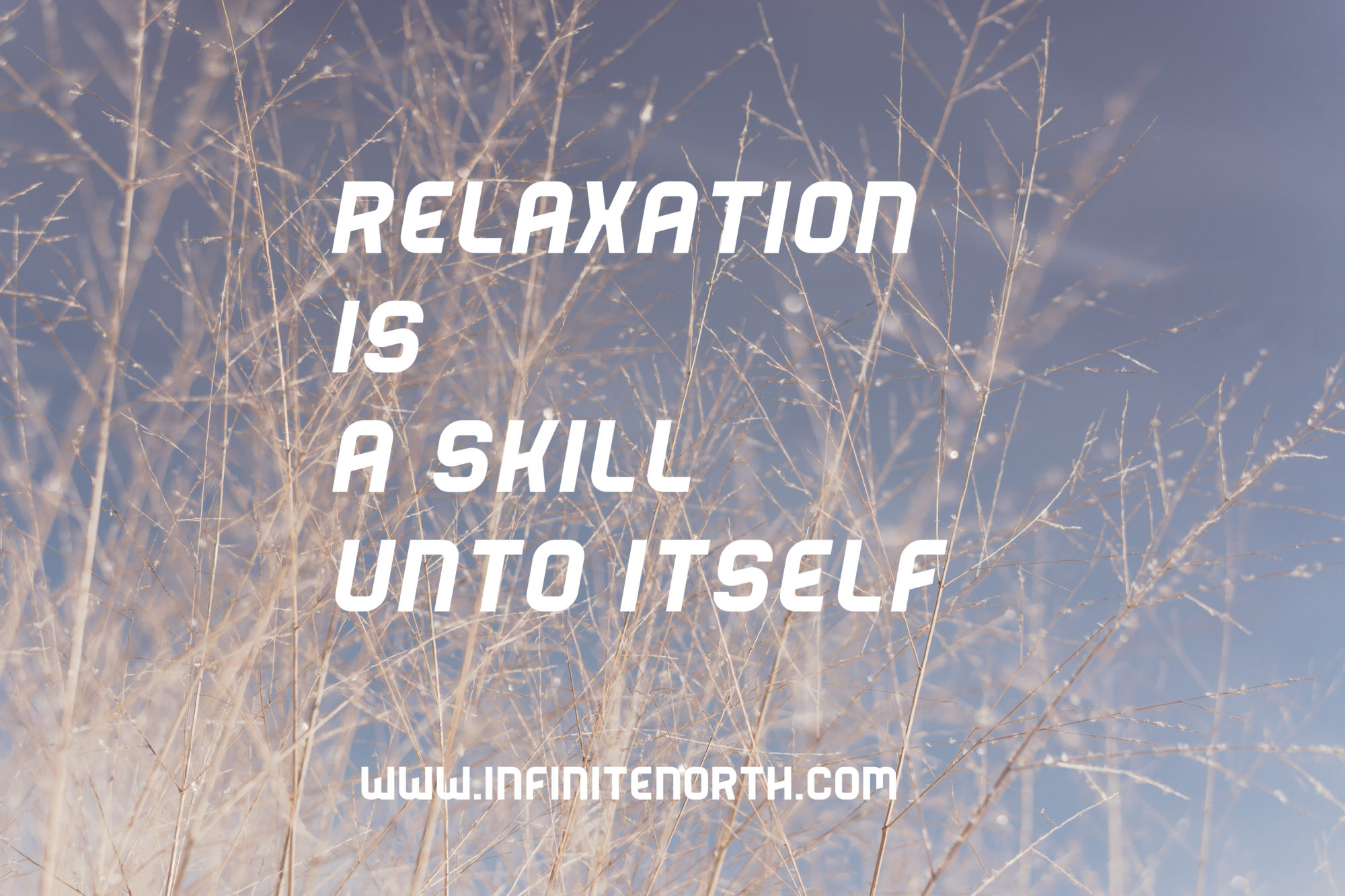Even if we manage to maintain our physical health during this global pandemic, it may be impossible to avoid the mental and emotional distress caused by COVID-19.
We are facing situations that we’ve never imagined. We’re being asked to isolate ourselves, remove ourselves from the very spaces that bring us joy and a sense of connection. Work is different, home is different, recreation is different. Most of us didn’t come into these circumstances with the mental fortitude to manage such drastic change with no foreseeable end to the turmoil.
This is a time of significant distress, and we’re being expected to deal with it without some of our favorite (and most effective) coping strategies. No socializing! No going out to eat or grabbing drinks with friends! Shopping? Not at Nike or the Apple Store. Your gym closed. Your spa appointment got canceled. Your favorite sporting events are no longer happening. The world is upside down!
You’ve got a lot more time to sit with your own thoughts and feelings. At a time like this, that can be scary. However, if you want to use this COVID quarantine as an opportunity to gain some valuable skills, following the outline below will help build an incredible ability to relax…even in the face of a global crisis.
We can’t just snap our fingers and be more mentally and emotionally fit, so we need to dive in and start cultivating our relaxation SKILLS. The best place to start is with guided relaxation exercises. That may sound simple, but there are literally thousands of guided relaxation exercises available online. Some are definitely better than others. Some will sound like nails on a chalkboard. It will take you some time to find one that fits your personal needs and preferences.
Just follow these steps and you’ll be feeling calmer in no time.
1. Find a guided relaxation exercise that you’re willing to do on a regular basis. Find a voice that you like (man vs. woman, accent vs. no accent). Pay attention to the music or lack of music. It may take 30 minutes or more to find an exercise that works for you – be patient, and keep looking until you find something that you can stick with.
2. Keep your expectations realistic. Practicing the skill of relaxation in an intentional way can be a challenge. There may be moments of discomfort. You may doubt the benefits in the short term. Just like any other new skill we’re trying to master, relaxation can be awkward at first. Over time, with consistent practice, your skill will improve.
3. Initially, practice for no more than 10 to 15 minutes at a time. Remember, consistency is the most important factor. If you need to modify your goals, reduce the time of the exercise rather than frequency. Two minutes, five times per week, is better than ten minutes once per week.
4. Understand that different exercises focus on different aspects of de-escalation. Try out a variety to see which works best for you. Try any of the examples at http://infinitenorth.com/resources/
Use the following categories to explore on your own. You’ll notice several these types of exercises in the resources offered at www.infinitenorth.com
Mindfulness – These exercises focus on controlling attention, nonjudgmentally, in the present moment. Headspace is a great comprehensive app for mindfulness.
Autogenic Relaxation – These exercises focus on the transition to a sense of warm, heavy calmness throughout your body.
Progressive Muscle Relaxation – This is a slightly more active exercise focused on practicing tensing and relaxing major muscle groups.
Controlled Breathing or Diaphragmatic Breathing – These exercises simply focus on the breath, helping to increase awareness and support healthy regulation of our breathing patterns.
Guided Visualization or Guided Imagery – These exercises create relaxing mental escapes that we can retreat to whenever we need a break from reality (or just from our stressful thoughts).
Loving-kindness – These exercises focus on building a sense of compassion and connection.





